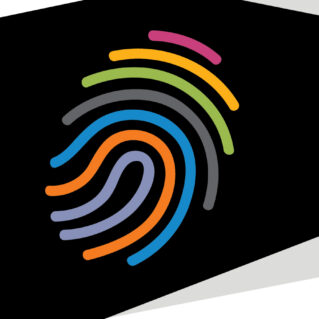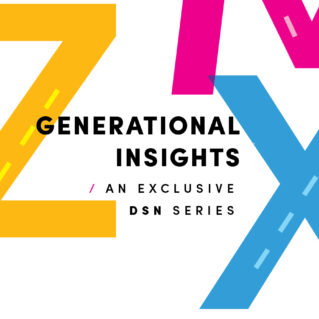Special section of the February, 2018 Cover Story
Several trends, shaped by consumers’ evolving preferences about how they like to receive information, will continue to impact the way direct selling companies share personal development resources both to their employees and independent salesforce members in 2018:
Microlearning:
The term “microlearning” refers to learning in short bursts, or snippets, according to the way busy people learn today, and it’s most often served up on mobile devices that give us the flexibility to learn on our own schedules. Most of us don’t have time to sit down and listen to an hourlong webinar. The cumulative effect of bite-sized learning is more significant than we may realize.
Connie Tang, President and CEO of Princess House, the kitchenware and home décor company based in Taunton, Massachusetts, spends much of her life on the road commuting between her home in California and her apartment in Rhode Island near the Princess House headquarters. She uses her cross-country commute to master the art of microlearning.
“When I’m on the West Coast, I work East Coast hours. I don’t sleep a lot. But you find opportunities to learn, and it doesn’t have to be arduous or require an immense amount of time,” she says. “I read short articles or watch two-minute videos that interest me, and then it takes two seconds to share it. If it’s important to you, you allocate time.”
Multichannel:
Some people prefer learning through video, some like a phone call, others want to read from the comfort of a home office or via an app in between appointments. These days, do direct selling companies have to be everything to everyone? In a word, yes. They have to meet consultants exactly where they are.
“I think you really can be all things to all people as long as you focus on what your message is and that you keep it consistent,” says Jane Creed, president and CEO of Napa, California-based Wine Shop At Home, a direct seller of artisan wine brands. “We’ve got to give answers to a lot of people in a lot of different ways, but personally, I find that we all grow by learning how to do that.”
Tang describes her approach to personal development as “stocking the buffet. That’s my philosophy. It’s all here for the taking, you can have all of it, some of it or none of it. That’s how I believe I can model it as a leader, foster it and provide access.”
Gamification:
Some direct selling companies have incorporated gamification into personal development modules, enabling salesforce members to earn virtual badges or engage in some healthy competition on leaderboards. Gamification is a natural fit for direct selling, as the segment is based on a culture of recognition. Prizes are often secondary to that moment in the limelight and the praise that follows a job well done. When salesforce members can see in real time who’s pulling to the head of the pack, it’s a powerful motivator to pick up the pace of their own efforts. And gamification can also help rally sales force members around a common cause that ultimately benefits everyone.
Social learning:
Tools like Skype, Slack and other message boards, as well as in-house social networks, offer effective channels through which companies can push out personal development content and incite discussion and even inspire user-generated content among salesforce members. Salesforce members then become influencers.
Wine Shop At Home relies heavily on Facebook for social learning. An interesting outgrowth of serving up personal development on Facebook is the spontaneous exchange of ideas that naturally occurs among sales representatives, says Creed. “Our mantra is ‘wine is social,’ and so we do a lot of personal development right on Facebook,” she adds. “We don’t like to do a top-down approach. To me, that can sometimes be a mistake, because what you think they’re looking for they aren’t looking for—they’re looking for something different. We really listen and let them lead the way into the kinds of topics they need, and then we can step in and provide that for them.”
Personalization:
Inside and outside the direct selling channel, there seems a growing demand for personalization. One size fits all doesn’t work when it comes to personal development; after all, people start a direct selling business for various reasons and have various intentions. From a personal development standpoint, no two students are alike.
A single skill, like confidence-building, remains relevant throughout one’s entire direct selling journey, but may need to be taught multiple ways to serve a variety of audiences. More direct selling companies are developing specific learning tracks based on one’s respective level in the salesforce. Additionally, direct selling companies are investing more heavily in technology that serves up targeted content based on salesforce activity.
Virtual Reality:
Virtual reality could present opportunities to enrich personal development offerings within the direct selling segment. There are a couple of issues to be resolved first, however, including cost and accessibility, not to mention experience.
“At the end of the day, like all technology, it’s about access.” Tang says. “I think that’s going to be the challenge—the practical side of it, of how to bring it to market and bring it to the people you actually want to have it.”


